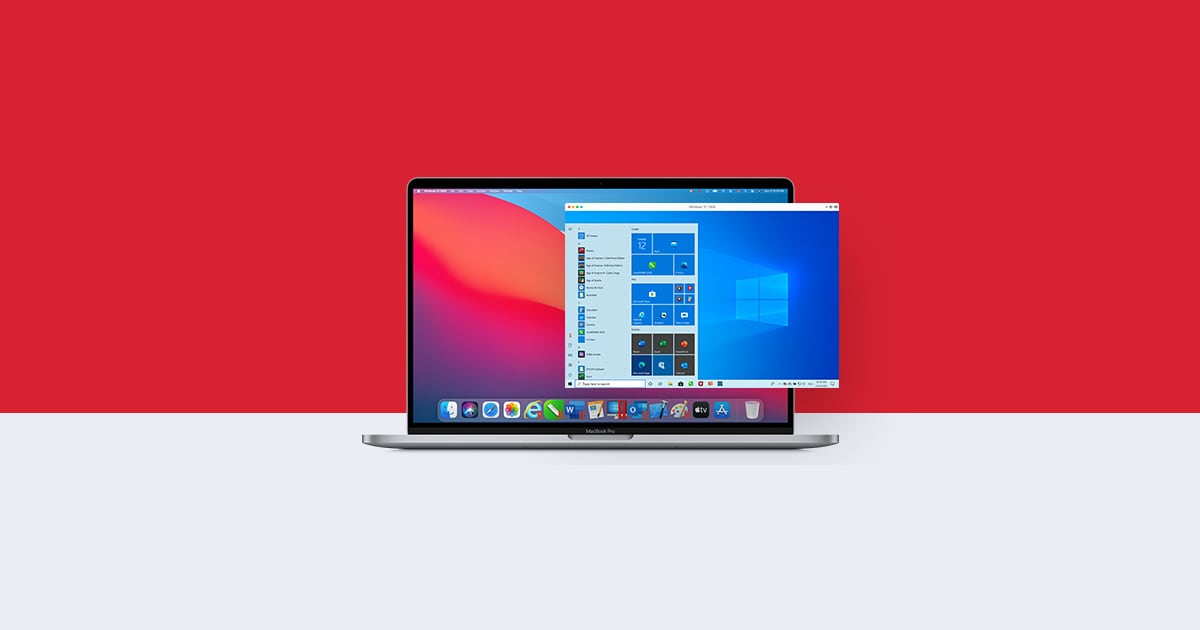Parallels for M1 Mac has started rolling out as a technical preview for users who had registered to the company’s Technical Preview Program. The version available for users to test is Parallels 16, and it supports Apple’s new M1 chip-based Macs including MacBook Air, MacBook Pro, and Mac mini.
Parallels Desktop is one of the most popular virtualization software products for Mac and its stable version was recently updated with support for macOS Big Sur. It also allows users to run Windows applications side-by-side with macOS using features like Coherence Mode and even lets them use their Boot Camp installation of Windows.

Parallels for M1 Mac is now available as a technical preview
Parallels has been sending communications to customers who registered for its Technical Preview Program available here. As this is a preview, the virtualization software is still a work-in-progress and does not support the same features that its Intel-based variant supports. Due to the architecture of Apple Silicon, Parallels for M1 Mac only supports virtualization for Arm-based operating systems. These operating systems including Windows 10 on Arm, and various Linux distros that are compiled for Arm architecture.
Before you download and install a copy of Parallels 16 on your M1 Mac, note that you will not be able to use the suspend and resume feature for your virtual machine, run x86 operating systems, or run ARM32 apps.
Even though Microsoft does not sell Windows 10 on Arm directly to customers, it offers it for download to users of its Windows Insider Program. There is no indication whether it will change moving forward, but for now, this is the only option for people hoping to use Windows apps on their M1 Macs.
Apple has previously said that Windows on M1 Macs is up to Microsoft, but there has been no announcement from the Redmond company. Microsoft recently released x64 emulation for Windows 10 on Arm to its Windows Insiders program, however, it does not perform as well as Apple’s Rosetta for M1 Macs.
Other alternatives for running Windows or Linux on M1 Macs via virtualization include QEMU, however, it is also a work-in-progress. VMWare is also working on updating its Fusion software for Apple Silicon, but the company has not shared any release date. Developer Hector Martin is also working on a Linux port for M1 Macs, which would work as a native install, but it might be a few months before we see it in action.
You can head to this link to register and download the technical preview for Parallels for M1 Mac.
Read more:
- Microsoft Edge for Apple Silicon Macs is now available for testing
- Firefox 84 released with support for Apple Silicon M1 Macs
- Adobe Lightroom now supports Apple’s M1 chip and Windows 10 on ARM
- Chrome for Apple Silicon M1 Macs is now available
- Twitter app for Mac gets macOS Big Sur support, design improvements, and updated icon
- Sparkle app is updated for Apple Silicon and macOS Big Sur with new design and SEO Assistant
- Apple drops ‘X’ from ‘Final Cut Pro’ – optimizes it for M1 chip with new social media tools
- Apple Silicon Mac universal app updates: DaVinci Resolve, Darkroom, Omni Productivity Suite, Nova 3, and Fantastical
5 comments